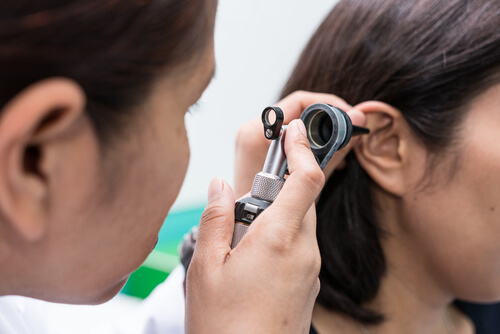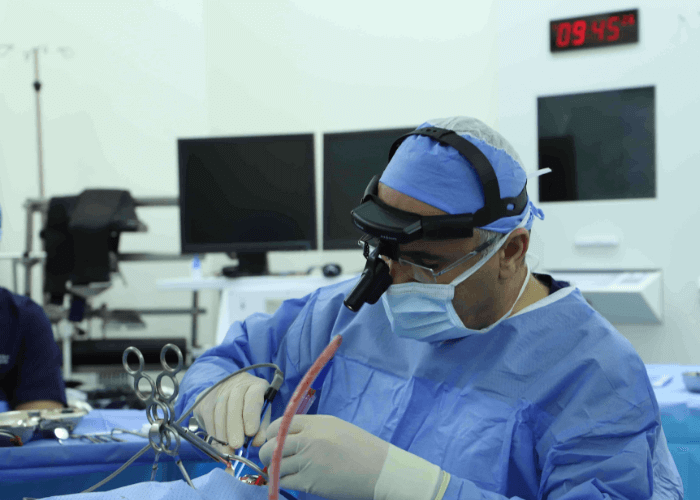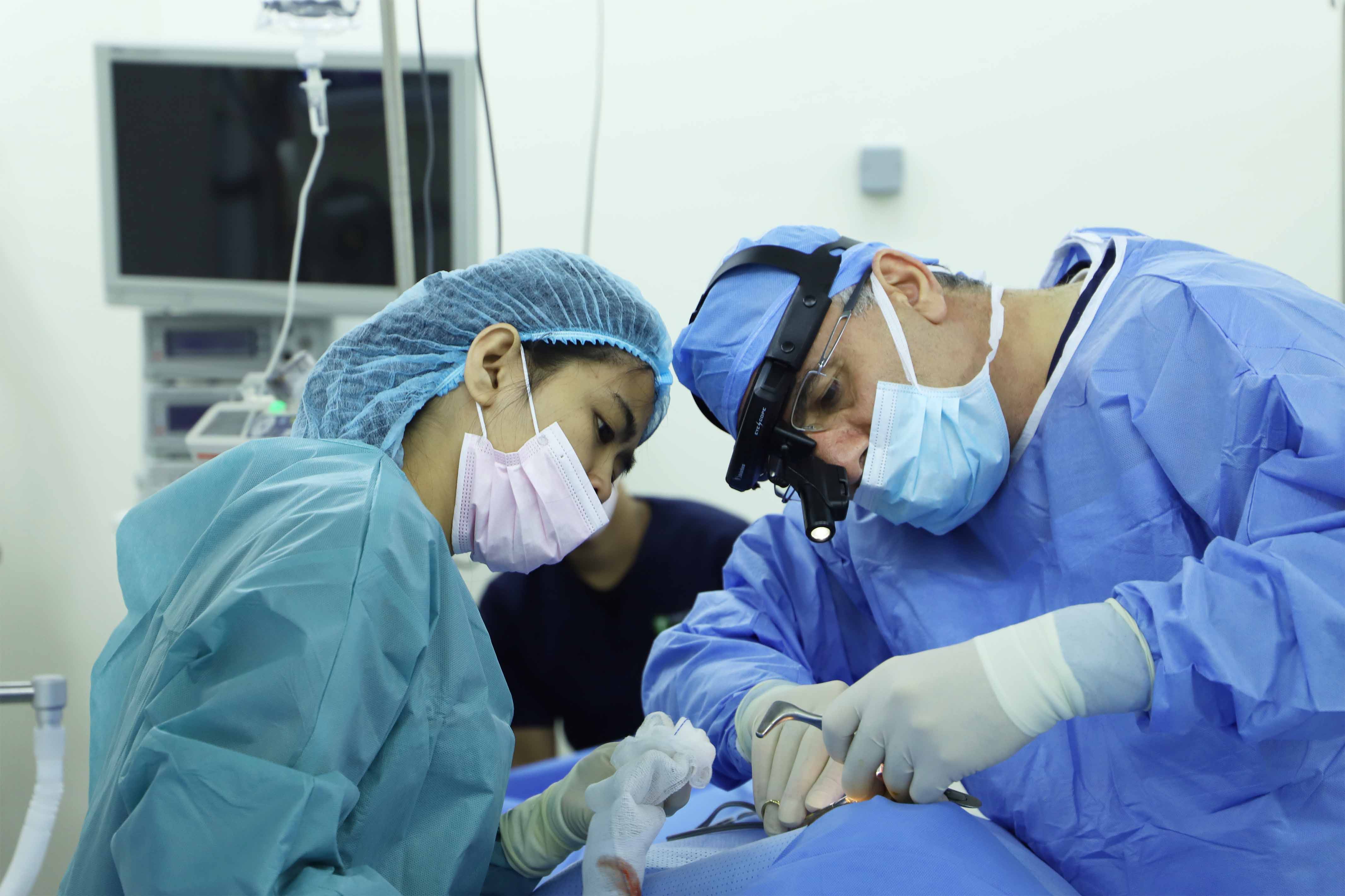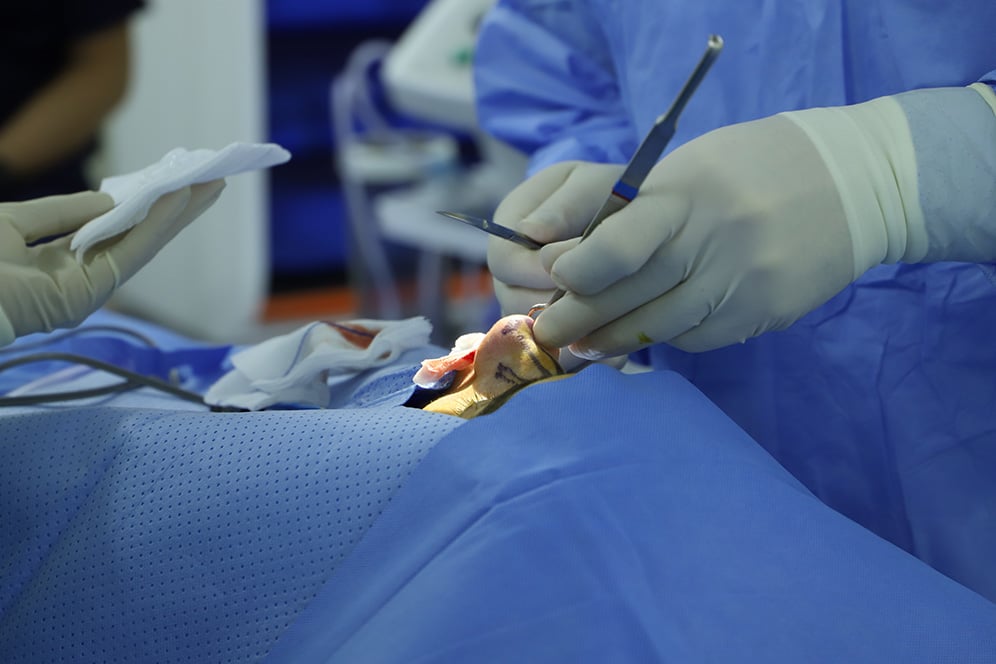Sudden Deafness - DRHC Dubai ENT Clinic
Sudden Deafness or Sudden Sensorineural Hearing Loss (SSNHL) is an otological emergency for which a definitive etiology and treatment remain controversial, but prompt recognition and management have been shown to improve hearing outcomes and quality of life. The estimated annual incidence is 5–30 per 100,000 persons, and 99% of cases are unilateral.
SSNHL often affects healthy individuals and is a frightening symptom that prompts the individual to seek urgent medical attention.
It is important to differentiate between SSNHL and other causes of SNHL so that early diagnosis and management can be investigated.
Causes of SNHL
- Infectious
- Traumatic
- Neoplastic
- Autoimmune
- Toxic
- Circulatory
- Neurologic
- Metabolic
The most pressing of these are acoustic neuroma, stroke, and malignancy.
Causes of Idiopathic Sudden Sensorineural Hearing Loss(SSNHL)
- Labyrinthine viral infection,
- Vascular
- Insult
- Intracochlear membrane rupture
- Autoimmune inner-ear disease
Clinical Assessment
The aim of evaluating any patient with SSNHL is to identify any treatable causes. It is important to cover the following key points in the history:
- The onset of the hearing loss. Patients with SSNHL often first notice their hearing loss on awakening in the morning, and a better prognosis is associated with a short history.
- Sudden onset of blockage or fullness warrants prompt investigation.
- SSNHL often presents as a full or blocked ear. As this is a common and non-specific symptom, it can be underestimated by both patients and clinicians, thus leading to a delay in evaluation and treatment.
- The premorbid hearing level. SSNHL can be either a new loss or an incremental deterioration in an ear with a pre-existing loss. Conditions such as Meniere’s disease can cause sudden fluctuations in hearing.
- A poorer prognosis is associated with increasingly profound hearing loss.
Is the loss unilateral or bilateral?
Unilateral loss is common, but autoimmune disease and ototoxicity are more likely to be bilateral.
- Associated symptoms such as tinnitus, vertigo, dizziness, and aural fullness should be asked about and may point to a diagnosis of endolymphatic hydrops.
- Vertigo is present in 30–40% of cases of SSNHL and is a poor prognostic indicator.
- SSNHL is frequently associated with tinnitus, which can cause significant anxiety and depression for patients. It is therefore important to recognize the psychological response to the sudden loss of hearing.
- Any history of trauma, straining, diving, flying, and intense noise exposure should be noted. Patients should be questioned about previous or concurrent viral infections.
- A past medical history of other diseases associated with sudden hearing loss should be explored, as SSNHL can rarely be the first presentation of a systemic disease.
- Any history of previous ear surgery should be noted.
- A full drug history should be elicited to rule out ototoxicity.
Investigations
- Audiometry must be performed and may indicate prognosis, as a downward-sloping audiogram is associated with a poorer outcome.
- An MRI scan with gadolinium enhancement should be performed to exclude an acoustic neuroma, but it is also useful in evaluating multiple sclerosis and cerebrovascular accidents.
- Around 10–20% of patients with acoustic neuromas will report a sudden decrease in their hearing at some point in their history.
- Other investigations to rule out identifiable causes should be focused on history.
- Blood tests including FBC, ESR, urea and electrolytes, lipid profile, glucose, thyroid function tests, clotting screen, VDRL, serology for Lyme disease, and autoantibodies (antinuclear antibodies, anticardiolipin antibodies, lupus anticoagulant, antineutrophil cytoplasmic antibodies) may be requested if clinically indicated.
- The high spontaneous recovery rate for ISSNHL and its low incidence make the validation of empirical treatment difficult
Click here for ENT surgical packages
.png?width=281&height=59&name=bookanappointment%20(1).png)
Dubai ENT clinic - If you are in search of an ENT specialist in Dubai, then DRHC provides experienced and leading ENT doctors in Dubai for healthy treatment. To book your appointment, please call +97142798200 today!




.png?width=281&height=59&name=bookanappointment%20(1).png)
.jpg?width=1080&height=1080&name=DR%20HATEM%20(1).jpg)



